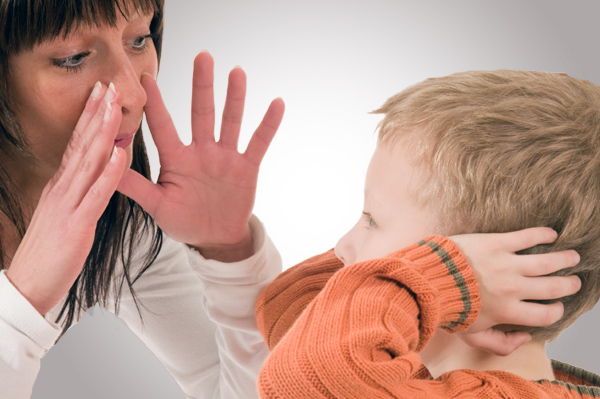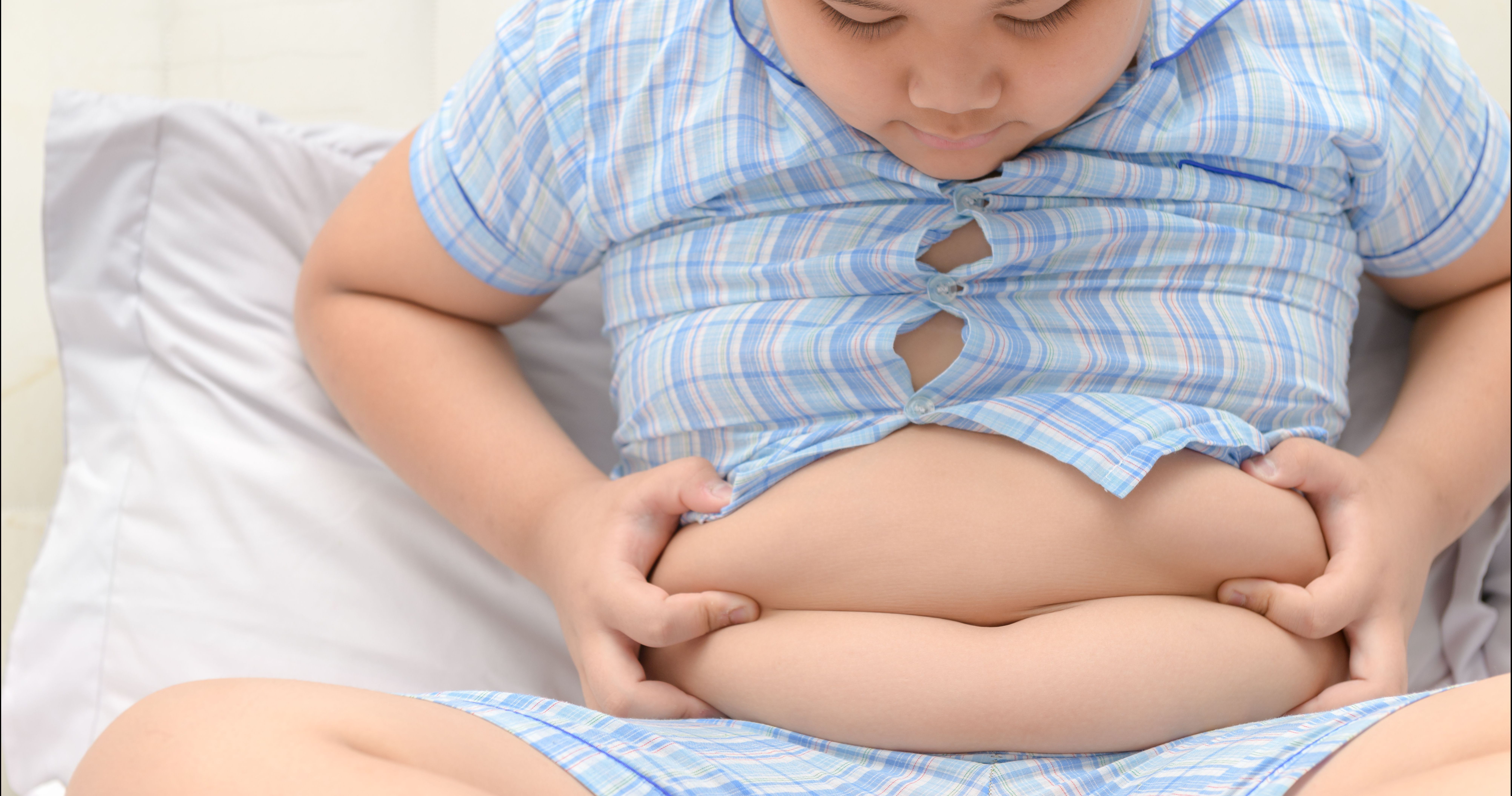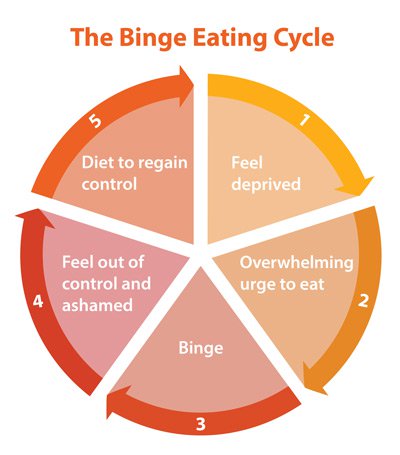Anyone who struggles with weight problem always has one question: where did it go wrong? For some, it's a health-related issue, for others it's emotional. There's never really a definitive answer as to what causes people to over-eat, but one thing is for sure: the problem of obesity is rising among children.
Usually, people try to explain this as the way kids are coddled today. Rarely is the word "no" uttered by parents, replaced by methods that are considered more friendly. This, in itself, causes a lot of controversy. What good is it for our kids to never learn how to accept "no" as an answer? Won't that affect them later in life?

Since the 1970s, the percentage of obese children has more than tripled in the United States, this according to the Center for Disease Control (CDC). One in five school-aged children is considered to be obese, but rather than finding outside factors, the American Academy of Pediatrics (AAP) is suggesting this problem stems from within the home, and more specifically, parents.
The AAP and CDC teamed up to conduct a study on some of the leading causes of obesity in children, and they found that negative comments from parents and doctors are some of the biggest problems.
"We see a growing problem regarding weight stigma. In a misguided attempt to get kids to change, people end up reinforcing negative coping behaviors," lead author Dr. Stephen Pont said.
Dr. Pont also points out that using words like "obese" and "fat" to label kids actually discourages their motivation to be active. What's worse is that these words can also cause them to isolate themselves and in turn, binge eat.
"We saw an opportunity to make providers aware of the stigma and to make the public aware of the weight stigma," Pont noted. "[Parents] have also been identified as a source of weight-based victimization toward youth with obesity. In a survey study of adolescents attending weight-loss camps, 37% reported they had been teased or bullied about their weight by a parent."
53% of women currently struggling with obesity say they experienced weight stigma and passive-aggressive comments about their size from their mothers. 44% also noted they experienced the same comments from their parents.

Dr. Pont offered some alternatives to using the words "fat" and "obese" when trying to help with your child's weight.
"Let your child guide the ship and choose what to change. Maybe the family "” yes, family, so you don't isolate the kiddo "” will start eating more fruits and vegetables," Pont said.
All the researchers also agreed that public locations are no place to comment or shame the amount your child eats.
"The Thanksgiving table is not an appropriate place to be commenting," they note.


